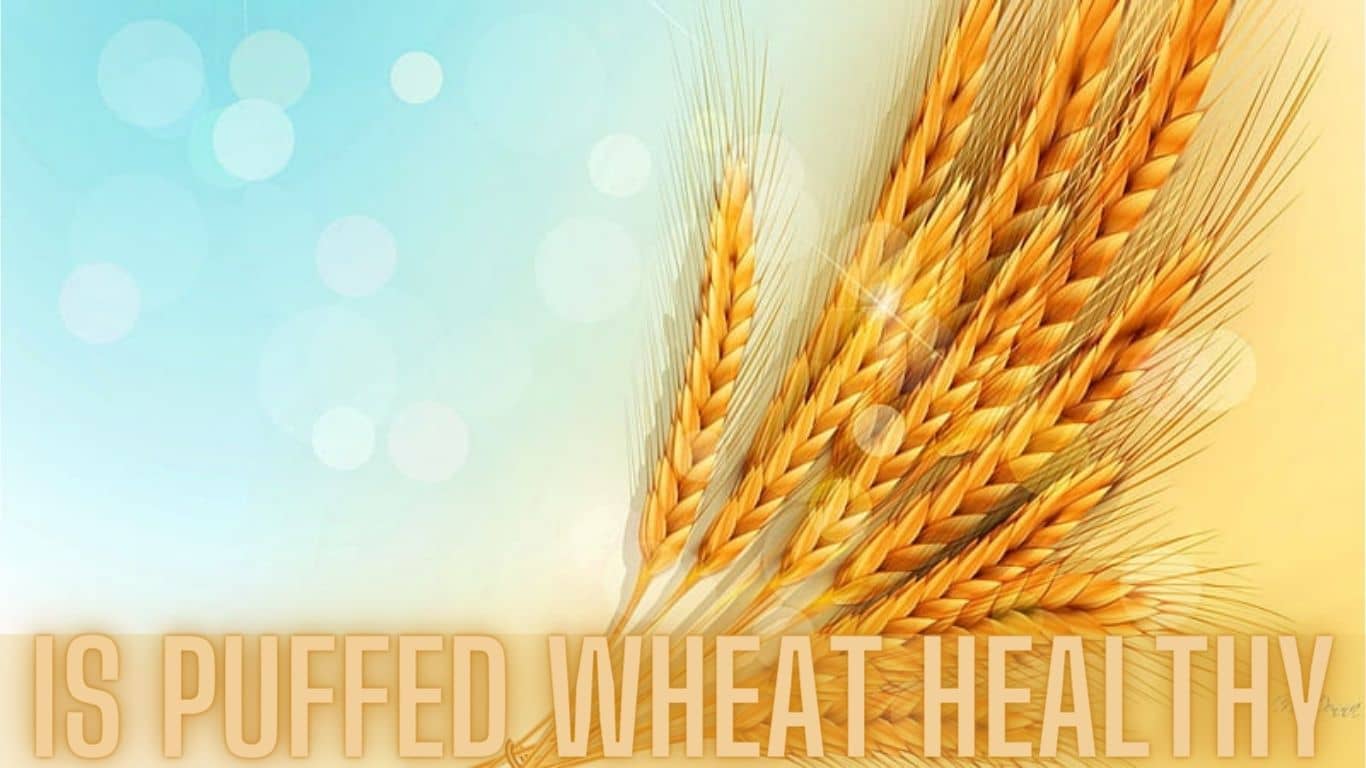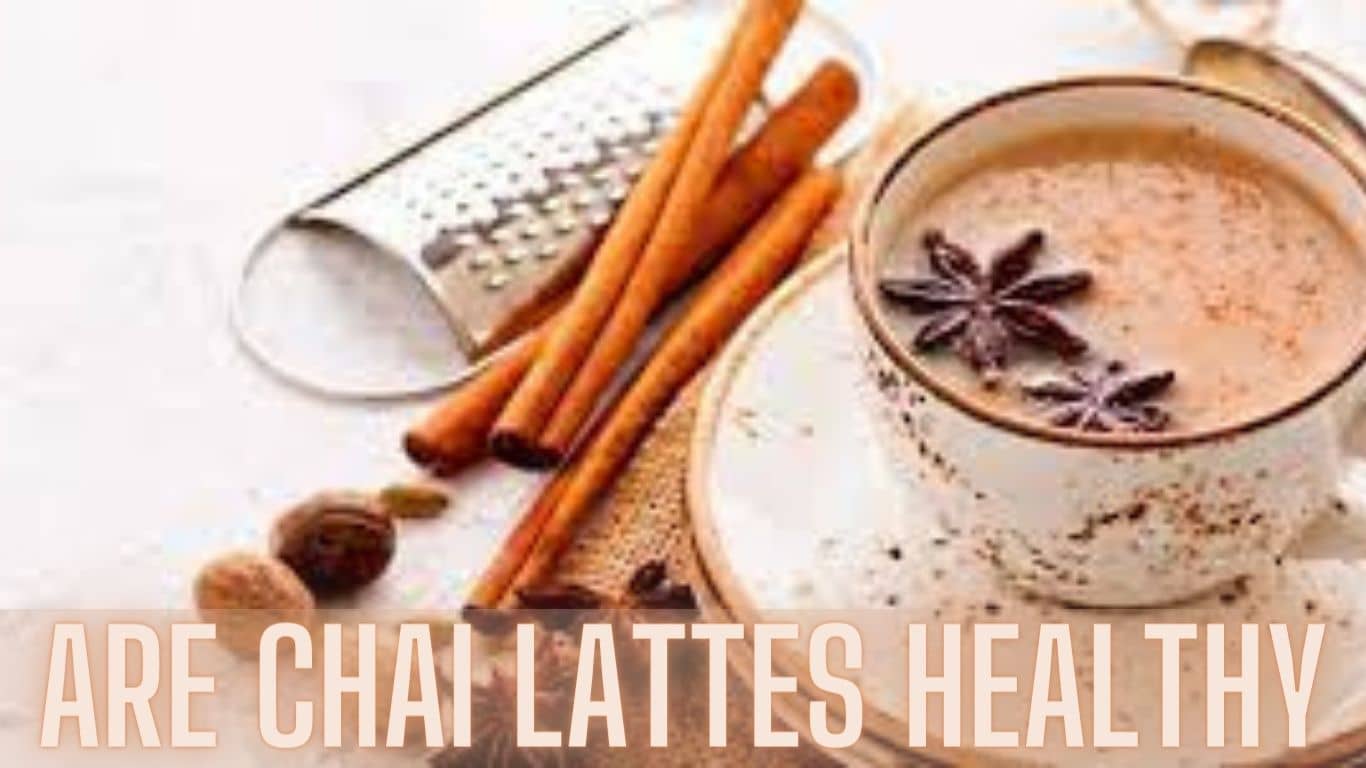Are you someone who starts their day with a bowl of cereal? If so, you’ve probably come across puffed wheat on supermarket shelves.
This light and crispy grain is often touted as a healthy breakfast option, but is it really all it’s cracked up to be?
Today, we’re diving deep into the world of puffed wheat to uncover its true nutritional value and explore whether it deserves a spot in your morning routine.
So grab your spoon and join us on this journey of discovery!
Puffed Wheat: Unraveling Its Nutritional Benefits And Drawbacks
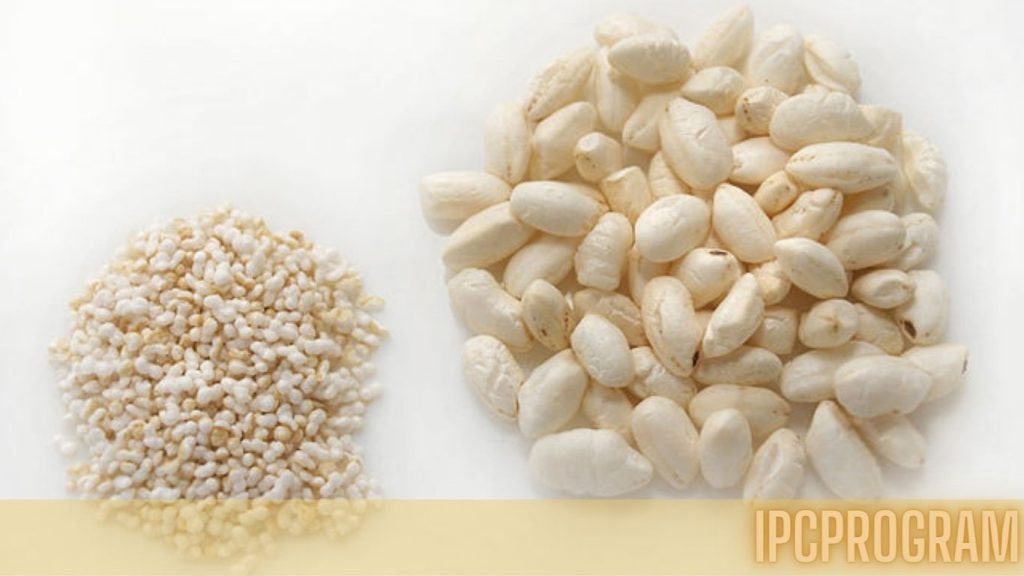
Puffed wheat has become a popular choice for breakfast cereal lovers looking for a lighter alternative.
But what exactly is puffed wheat, and what does it offer in terms of nutrition?
Let’s talk about the benefits. Puffed wheat is made by subjecting whole wheat kernels to high temperatures and pressure, causing them to expand into airy, bite-sized pieces.
This process retains most of the grain’s nutrients while creating a satisfying crunch.
One of the key advantages of puffed wheat is its high fiber content. Fiber plays an essential role in digestion and can help regulate blood sugar levels and promote feelings of fullness.
It also aids in maintaining a healthy weight and supports heart health.
Additionally, puffed wheat is naturally low in fat and calories, making it an excellent option for those watching their waistlines or trying to reach specific dietary goals.
However, like any food product, there are drawbacks to consider as well.
While puffed wheat may be low in calories, it often lacks significant amounts of other essential nutrients like vitamins and minerals found in whole grains.
Moreover, some brands may add sugar or artificial flavors to enhance taste which can undermine its overall nutritional value.
Therefore, it’s crucial to read labels carefully before making your purchase.
Is Puffed Wheat A Healthy Breakfast Choice? Exploring The Facts:
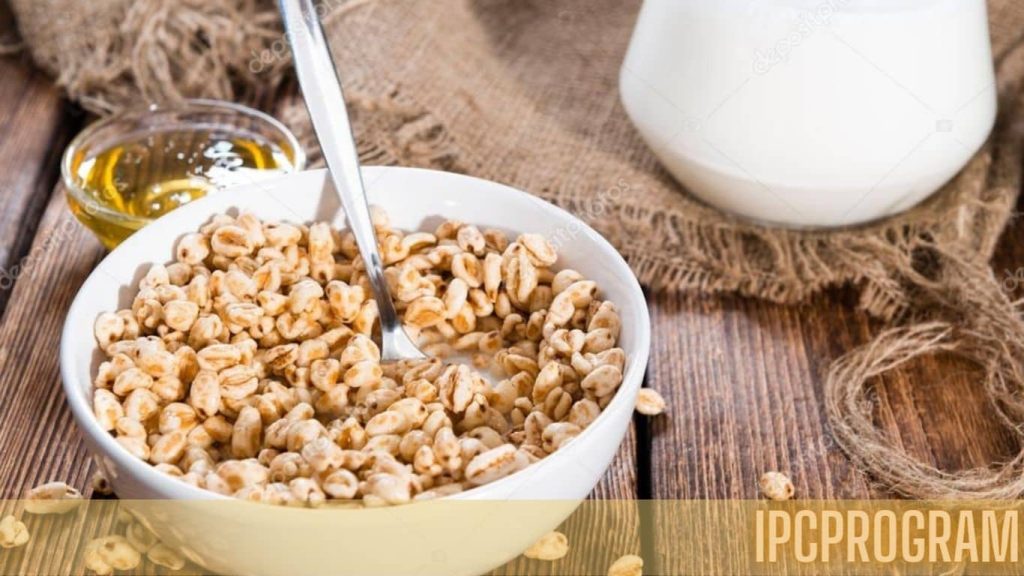
Puffed wheat has been a breakfast staple for many people, but is it really a healthy choice to kickstart your day?
Let’s dive into the facts and explore the nutritional benefits and drawbacks of this popular cereal.
One of the main advantages of puffed wheat is its high fiber content.
Fiber is essential for maintaining a healthy digestive system and can help prevent constipation.
It also helps regulate blood sugar levels and promotes satiety, which can aid in weight management.
Additionally, puffed wheat is low in calories and fat, making it an attractive option for those looking to maintain or lose weight.
It provides energy without adding excessive amounts of unwanted fats or sugars to your diet.
On the other hand, it’s important to note that puffed wheat lacks some key nutrients found in whole grains.
During the manufacturing process, much of the bran (outer layer) and germ (nutrient-rich core) are removed from the grain, stripping away valuable vitamins, minerals, and antioxidants.
To make up for this deficiency, some manufacturers may fortify their puffed wheat with additional nutrients such as iron or B vitamins.
However, these added nutrients may not fully compensate for what was lost during processing.
So while puffed wheat can be a convenient breakfast option that offers certain health benefits like fiber intake control and weight management support due to its low-calorie content – bear in mind that it should not be relied upon as your sole source of whole grains or essential nutrients.
The Truth About Puffed Wheat’s Healthiness: Separating Fact From Fiction
When it comes to breakfast cereals, puffed wheat has been a popular choice for decades.
But is it really as healthy as we’ve been led to believe? Let’s separate fact from fiction and uncover the truth about puffed wheat’s healthiness.
First and foremost, puffed wheat is made by taking whole-grain wheat kernels and subjecting them to high heat and pressure, causing them to expand into those familiar airy, crispy pieces.
Unlike refined grains, which have had their nutrient-rich bran and germ removed, whole grains like puffed wheat retain these valuable components.
Whole grains are packed with fiber, vitamins, minerals, antioxidants, and phytochemicals that play essential roles in maintaining our overall health.
They have been linked to a reduced risk of heart disease, stroke, type 2 diabetes, certain cancers, and even weight gain.
One of the biggest misconceptions surrounding puffed wheat is its sugar content. While some brands may add sugar or other sweeteners to enhance flavor or prolong shelf life – so be sure to check the label – plain unsweetened varieties of puffed wheat can be an excellent low-sugar option for your morning meal.
So next time you reach for that box of puffed wheat in the cereal aisle at the grocery store take note; while it may offer some nutritional benefits when consumed in moderation as part of an overall nutritious eating plan, it shouldn’t serve as your sole source of nutrition.
Breakfast truly is “the most important meal of the day,” and it’s essential to choose wisely when fueling your body.
Puffed Wheat In Your Diet: Balancing Health And Flavor For A Wholesome Meal
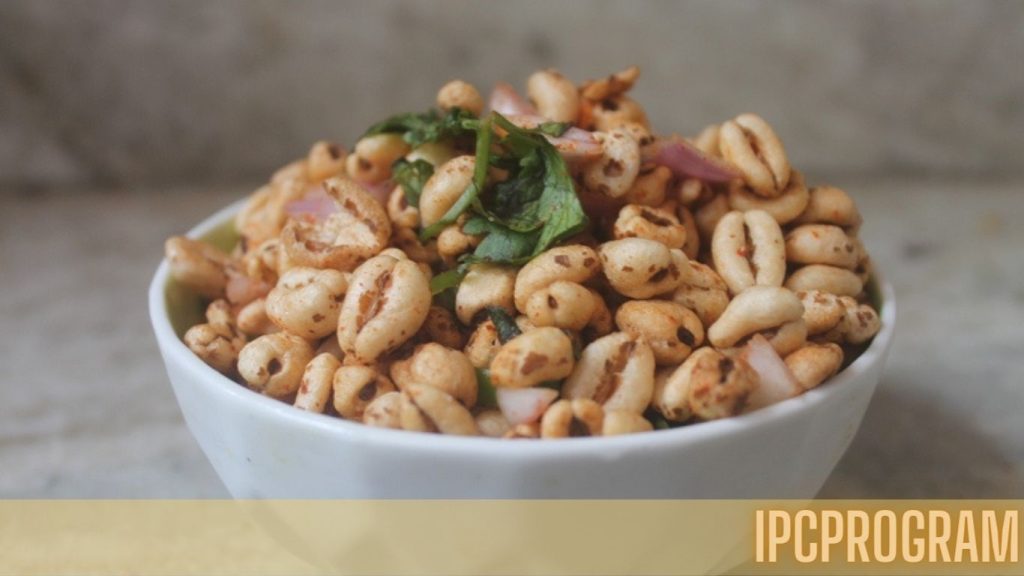
Puffed wheat can be a nutritious addition to your diet, but it’s important to strike a balance between health and flavor for a wholesome meal.
Incorporating puffed wheat into your diet can provide you with essential nutrients while satisfying your taste buds.
One way to include puffed wheat in your meals is by combining it with other whole grains and cereals.
This will not only add variety to your diet but also increase the nutritional value of your meal.
You can mix puffed wheat with oats, quinoa, or even brown rice for a nutrient-rich base.
Another option is to use puffed wheat as a topping for salads or yogurt bowls.
It adds a delightful crunch and texture while providing fiber and protein.
You can experiment with different combinations of fruits, nuts, and seeds to create a balanced and flavorful dish.
If you’re looking for more creative ways to incorporate puffed wheat into your meals, consider using it as an ingredient in homemade granola bars or energy balls.
These snacks are easy to make and pack full of nutrients that will keep you energized throughout the day.
Remember that while puffed wheat can be a healthy choice, portion control is key.
It’s easy to excessive in this light and crunchy cereal due to its addictive nature. Be mindful of how much you consume so that you don’t exceed recommended serving sizes.
Adding puffed wheat to your diet can contribute towards creating wholesome meals that are both bringing up and delicious.
By balancing healthful ingredients with flavorful additions, you’ll be able to enjoy the benefits of this versatile grain without sacrificing taste or nutrition!
Conclusion:
In this article, we have delved into the nutritional benefits and drawbacks of puffed wheat.
While it may be tempting to view puffed wheat as a healthy breakfast choice due to its low calorie and fat content, it is important to consider the potential negative impact on blood sugar levels.
Puffed wheat offers some key nutrients such as fiber, iron, and B vitamins. It can be a convenient and tasty option for those looking for a quick breakfast or snack.
However, individuals with diabetes or insulin resistance should exercise caution when consuming puffed wheat due to its high glycemic index.
To make puffed wheat a healthier part of your diet, consider incorporating it into balanced meals that include sources of protein, healthy fats, and additional fruits or vegetables.
This will help slow down the release of glucose into your bloodstream and provide more sustained energy throughout the day.
As with any food choice, moderation is key. Enjoying puffed wheat in reasonable portions along with other nutritious foods can contribute to a wholesome meal plan.
Remember to listen to your body’s needs and consult with a healthcare professional if you have specific dietary concerns or conditions.
Whether puffed wheat is considered healthy depends on individual factors such as overall diet quality and personal health goals.
By staying informed about nutrition facts and making mindful choices within the context of your own lifestyle, you can strike a balance between healthfulness and flavor in your diet.
So go ahead – savor that bowl of crispy puffed wheat knowing that you are armed with knowledge about its pros and cons!

